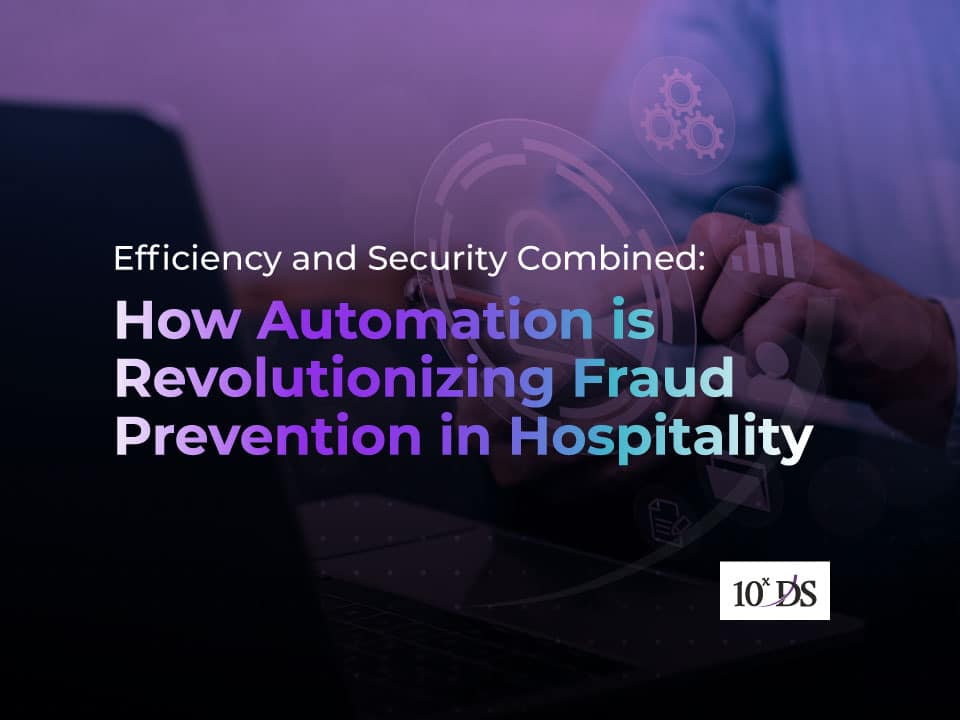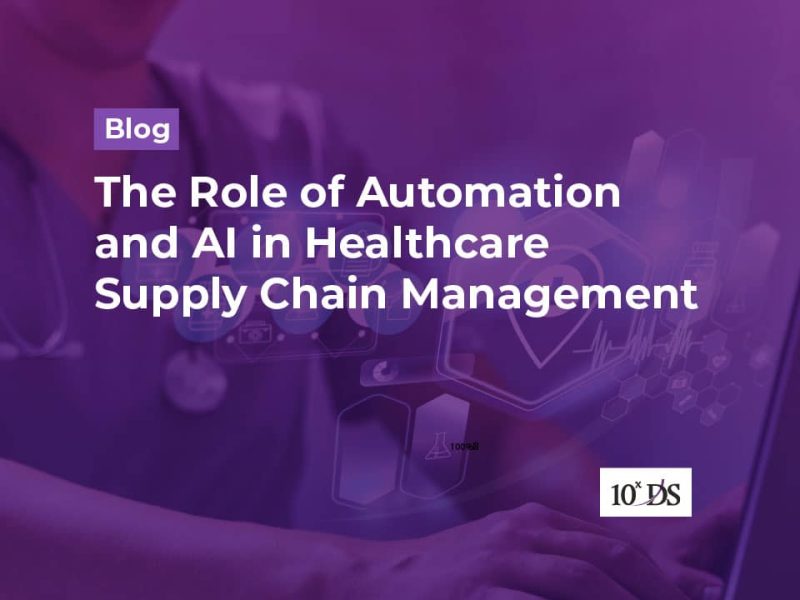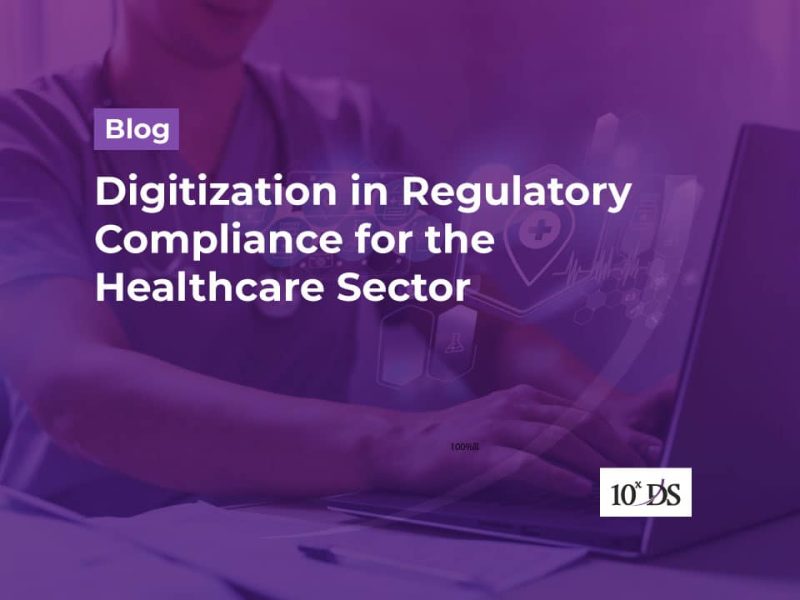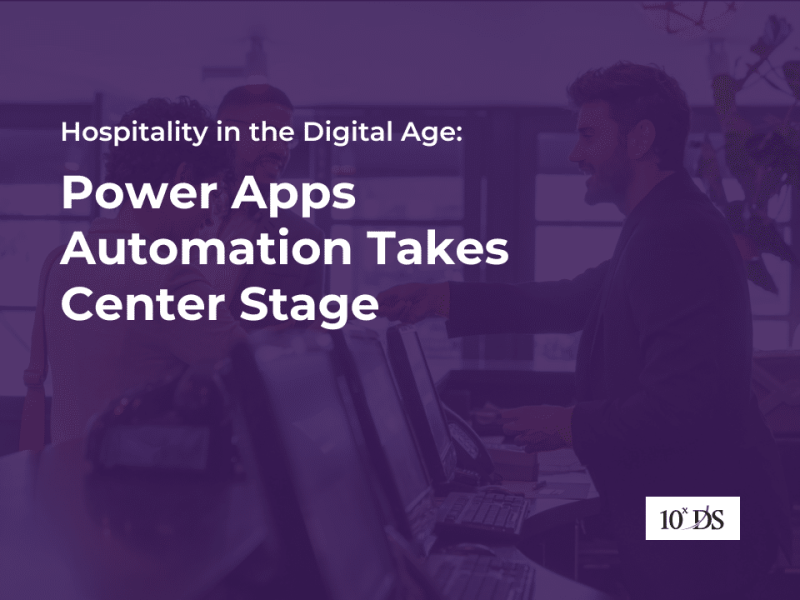
Efficiency and Security Combined: How Automation is Revolutionizing Fraud Prevention in Hospitality
Fraud is a pervasive and costly issue that affects industries across the globe. It refers to deceptive and dishonest activities carried out with the intention of gaining unlawful or unfair advantages, often resulting in financial losses, reputational damage, and legal consequences. Fraud can impact various sectors, including finance, healthcare, retail, technology, and more. It takes many forms, such as identity theft, embezzlement, insurance fraud, money laundering, and cyber fraud. The consequences of fraud are far-reaching and can significantly impact businesses, consumers, and the overall economy. For industries, fraud poses significant risks that need to be addressed through robust prevention, detection, and response mechanisms.
The hospitality industry, like any other sector, faces certain risks and frauds. According to the Association of Certified Fraud Examiners 2022 Report on Occupational Fraud, between 5-6% of the industry’s annual revenue is consumed by fraud. One of the common risks and frauds faced in the hospitality industry is Credit card fraud. This occurs when fraudulent individuals use stolen or counterfeit credit cards to make payments at hotels or restaurants. The industry is vulnerable to such fraud due to the high volume of credit card transactions. Similar to credit card fraud, identity theft involves the unauthorized use of someone’s personal information to make reservations, check-ins, or purchases. It can lead to financial losses for both customers and businesses. Individuals also make reservations using false identities or stolen credit card information, resulting in no-shows or chargebacks for the hotel or restaurant. This is generally known as reservation fraud. Employees may engage in theft by misappropriating funds, stealing inventory, mislabelling ingredients, substituting lower-quality products, or providing unauthorized discounts to friends and family. This can result in financial losses for the business. The hospitality industry collects and stores a significant amount of customer data, including personal and financial information. Cybercriminals may attempt to breach systems to gain access to this data and exploit it for financial gain or identity theft.
To mitigate these risks and combat fraud, the hospitality industry should implement robust security measures, including strong data protection systems, employee training on fraud prevention, regular audits, and monitoring of financial transactions. It’s important for businesses to stay updated on the latest fraud trends and continuously improve their risk management strategies and used automated tools and technologies. It’s important to note that while automation can be highly effective in fraud prevention, it is not a foolproof solution. It should be complemented with strong internal controls, regular audits, and ongoing employee training to create a comprehensive anti-fraud strategy within the hospitality industry.
1. Fraud detection algorithms
Automation can employ sophisticated algorithms and machine learning techniques to analyse vast amounts of data and identify patterns or anomalies that may indicate fraudulent activities. These algorithms analyse various data points, including transaction records, user behaviour, historical patterns, and external factors, to detect deviations or suspicious patterns that may suggest fraudulent behaviour. By continuously learning from new data and adapting to evolving fraud patterns, these algorithms can provide real-time or near-real-time alerts, enabling businesses to take proactive measures to prevent fraud, minimize financial losses, protect customer interests, and maintain the integrity of their operations.
2. Real-time monitoring
Automated systems can monitor transactions, bookings, and other activities in real time. Through automated systems and processes, data from various sources, such as transactions, user activities, and external data feeds, is collected, processed, and analysed in a timely manner. This allows for the detection of suspicious patterns, anomalies, or deviations that may indicate fraudulent behaviour. By leveraging automation, businesses can receive instant alerts, enabling them to take immediate action, investigate potential fraud incidents, and implement preventive measures to mitigate risks, protect their assets, and safeguard against financial losses and reputational damage caused by fraudulent activities.
3. Identity verification
Automation of identity verification for fraud detection and prevention in the hospitality industry involves the use of advanced technologies and processes to authenticate and validate the identities of customers, employees, and suppliers. Through automated systems, biometric authentication, digital signatures, and robust identity verification protocols, businesses can efficiently verify the legitimacy of individuals and detect fraudulent activities such as identity theft or unauthorized access. By automating identity verification, the hospitality industry can enhance security, prevent unauthorized transactions or access, protect sensitive customer information, and build trust with guests. This proactive approach enables businesses to reduce the risk of fraudulent incidents, safeguard their reputation, and provide a secure and trustworthy environment for their customers.
4. Secure payment processing
By implementing automated payment processing solutions, businesses can ensure the encryption and protection of sensitive customer data, reducing the chances of credit card fraud or data breaches. These automated systems utilize tokenization, encryption techniques, and real-time fraud detection algorithms to identify and flag suspicious transactions, enabling businesses to take immediate action and prevent fraudulent activities. Through secure payment automation, the hospitality industry can enhance customer trust, protect financial transactions, mitigate financial losses, and maintain a secure and reliable payment environment for both guests and the business.
5. Enhanced inventory control
Automation can help track and manage inventory more efficiently, reducing the risk of internal theft. By implementing automated inventory management systems, businesses can accurately monitor stock levels, track usage, and identify any discrepancies that may indicate fraudulent activities.
6. Compliance monitoring
Automated systems can streamline compliance monitoring processes, ensuring that businesses adhere to regulatory requirements and internal policies. This includes monitoring employee conduct, identifying potential conflicts of interest, and detecting any violations that may lead to fraudulent practices.
In conclusion, the hospitality industry faces significant risks and challenges when it comes to fraud prevention. However, by harnessing the power of automation, businesses can bolster their fraud prevention efforts, safeguard their operations, and protect their guests. Automation enables real-time monitoring, fraud detection algorithms, and secure payment processing, allowing for immediate identification of suspicious activities and timely intervention. By streamlining fraud prevention through automation, the industry can enhance security, build trust, and maintain a strong reputation. As technology continues to advance, embracing automation in fraud prevention will be crucial for the hospitality industry to stay one step ahead, providing a safe and secure environment for guests while ensuring profitability and long-term success.


